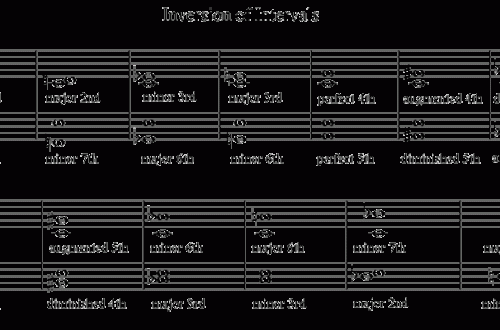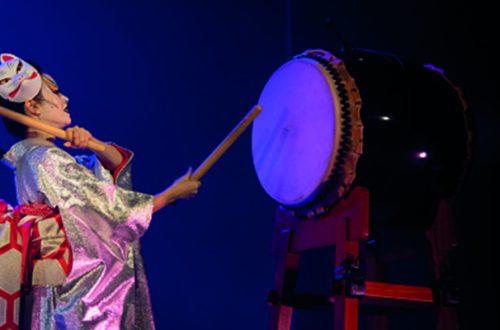
Musical anniversaries 2016
Contents
Every year brings us many events in the world of music. We recall the names of famous composers and performers, high-profile premieres. 2016 was no exception.
Wolfgang Amadeus Mozart – 260 years!
Coincidentally, this year we celebrate 2 memorable dates: January 27 – 260 years since the birth, and December 5 – 225 years since the death of the inimitable Wolfgang Amadeus Mozart. Such a combination of classical perfection and daring experiments cannot be found, probably, in any classic. Innate genius fell on fertile ground. It is not known how the fate of the maestro would have developed if he had not been born in the family of an excellent musician and sensitive teacher Leopold Mozart. He did everything to make the talented kid become a brilliant composer and virtuoso performer.
Interestingly, Mozart is the author of the modern national anthem of Austria. His music is taken from the work written by the composer 19 days before his death, “Masonic Cantata”. The words were written in the XNUMXth century on a competitive basis by the poetess Paula von Preradovich.
It is worth noting the fact that 2016 marks the 245th anniversary of the first production of the opera Mithridates, King of Pontus, which was enthusiastically received by the public. And 1 years later, in 5, the premiere of the play “The Marriage of Figaro” took place, the melodies from which were immediately taken into quotes and performed by street musicians, in taverns, in the houses of noblemen.
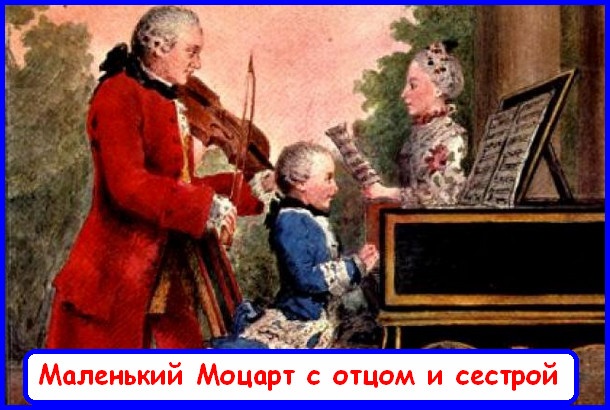
There are many legends about this brilliant musician. Some took place in reality, other historians consider fiction. But his name, like creativity, is of constant interest, no one is indifferent.
Two Russian geniuses – Prokofiev and Shostakovich
In 2016, the musical community celebrates the anniversaries of 2 key figures of Russian music of the 125th century: the 110th anniversary of S. Prokofiev and the XNUMXth anniversary of D. Shostakovich. These are two equal, but completely dissimilar both in character and in creativity, people. Their life and heritage has been studied by many generations of art historians and always arouses interest.
They were antipodes in everything, including their views on the classical heritage, in relation to orchestration. They were cool towards each other. Despite the fact that both composers were educated at the St. Petersburg Conservatory, the influence of the Rimsky-Korsakov school, which is clearly visible in the works of Prokofiev, is almost imperceptible in Shostakovich.
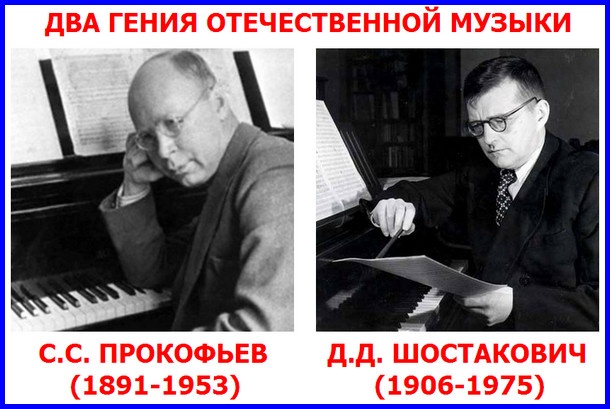
They mercilessly criticized each other, reproaching the lack of taste, borrowing musical material, the prevalence of external effects over deep meaning. And yet they stood in one row, leading an entire era in Russian culture, having managed to embody its diversity and breadth.
Pianist Vladimir Sofronitsky is 115 years old!
In 2016, we celebrate another double anniversary – 115 years since the birth and 55 years since the death of the brilliant pianist Vladimir Sofronitsky. His creative path was not as sparkling as that of other performers, there were no sharp turns of fate in it. But when you study his biography, you are amazed at the abundance of concerts.
He was born into an intelligent family, among whose members there are scientists, poets, musicians, and artists. He received his primary musical education in Warsaw. After returning with his family to St. Petersburg in 1914, he continued his studies at the conservatory. After its completion, the name of Sofronitsky more and more often flashes in concert posters. It is interesting that the pianist never participated in competitions and himself admitted that he did not like competitions with other performers.
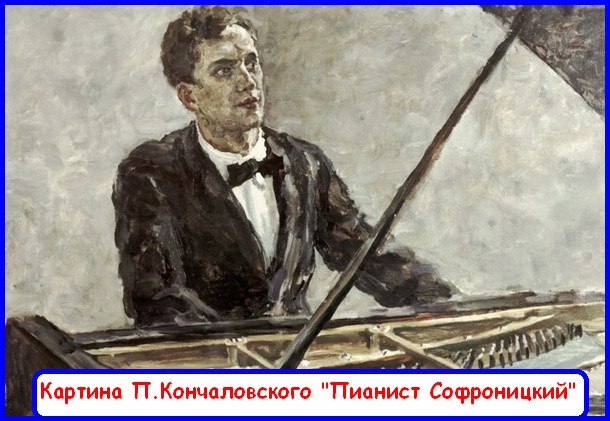
His game earned the recognition of Svyatoslav Richter, who at the first meeting, after drinking a glass of brotherhood, according to tradition, “called” Sofronitsky God. And his brilliant interpretations of the works of Scriabin and Chopin still arouse the admiration of music lovers.
Galina Vishnevskaya is 90 years old!
On October 25, the famous opera singer, owner of a magnificent soprano, Galina Vishnevskaya, would have turned 90 years old. Her life was not easy. She spent all her childhood in Kronstadt, survived the blockade of Leningrad, at the age of 16 she even served in the air defense forces, while participating in concerts for fighters.
In 1952, she passed a serious competitive selection to the group of trainees of the Bolshoi Theater, and soon became one of its leading soloists. As part of a theater troupe and as a solo performer, Vishnevskaya traveled half the world with concerts. Having heard the performance of the singer on the radio, the seriously ill Akhmatova dedicated the verse “Listening to singing” to her.
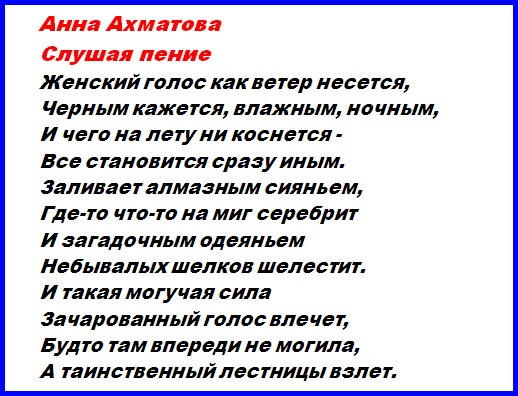
The turning point in the life of Galina Vishnevskaya was the acquaintance with her future husband Mstislav Rostropovich. After the couple offered shelter at their dacha to Solzhenitsyn and openly supported him, the USSR authorities restricted their creative activity and forbade them to mention the names of Vishnevskaya and Rostropovich in the press. The couple was forced to leave the country. In 1990, the singer and her husband were returned citizenship and all the regalia.
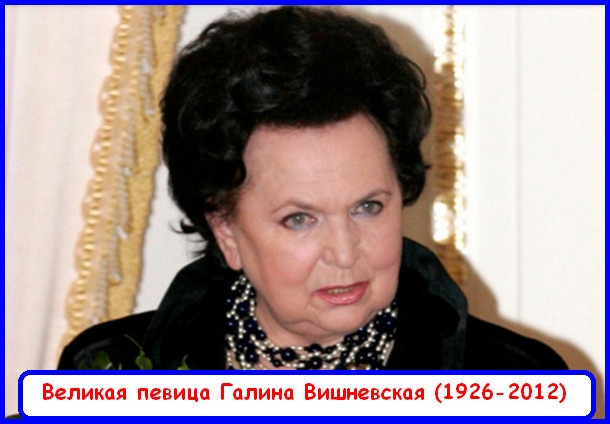
Almost unknown and great philanthropist Mitrofan Belyaev
February 22 marks the 189th anniversary of the birth of a man who devoted his life to supporting Russian musicians, philanthropist Mitrofan Belyaev. While only European music was recognized as the “top” of society, Belyaev spent most of the funds received from his business to support young, still almost unknown Russian composers, and paid for the publication of their works. The industrialist sponsored, to put it in modern terms, two concerts of Russian music at the World Exhibition in Paris in 1880, which were the first acquaintance of Europe with Russian music.
Thanks to the patron, the Belyaevsky Circle was organized. The composers included in it continued in part the traditions of the Mighty Handful.
The fateful premiere – the opera “Ivan Susanin”
It is impossible to ignore a significant event in Russian culture – the premiere of the first Russian national opera by M.I. Glinka’s Life for the Tsar, which turns 2016 in 180. During its existence, the performance has undergone several changes. Initially, the author gave his offspring the name “Ivan Susanin”. But just before the premiere, Glinka, by the greatest permission of the sovereign himself, renamed it.
The text of the opera was in many respects pro-monarchist, and in order to be allowed to stage it in Soviet theaters, the poet Sergei Gorodetsky changed the libretto, making it folk-patriotic. At one time in the final chorus “Glory” even the words “Soviet system” were heard, later replaced by “Russian people”. For a long time, Fyodor Chaliapin was the permanent performer of Susanin’s part.
Dmitri Shostakovich – Romance from the movie “The Gadfly”
Author – Victoria Denisova



